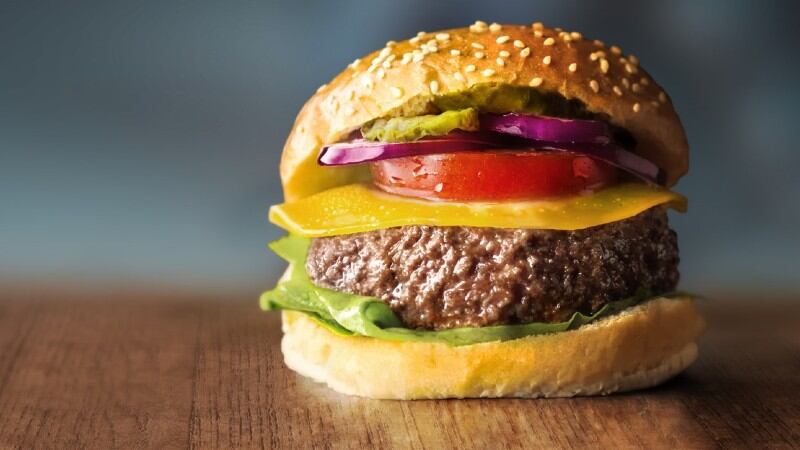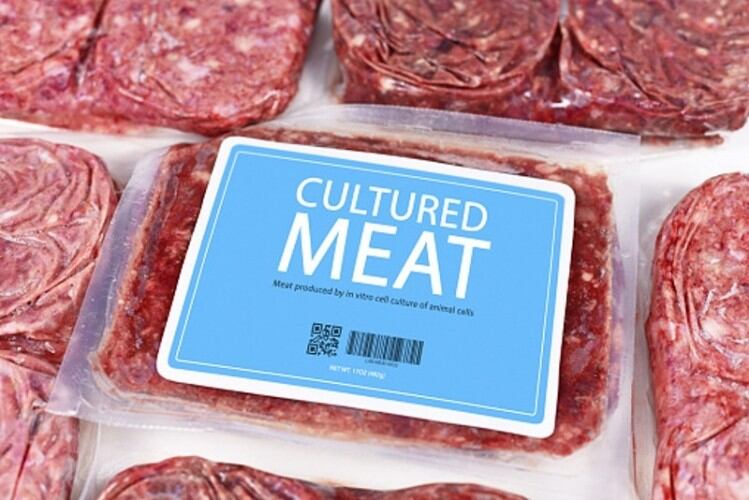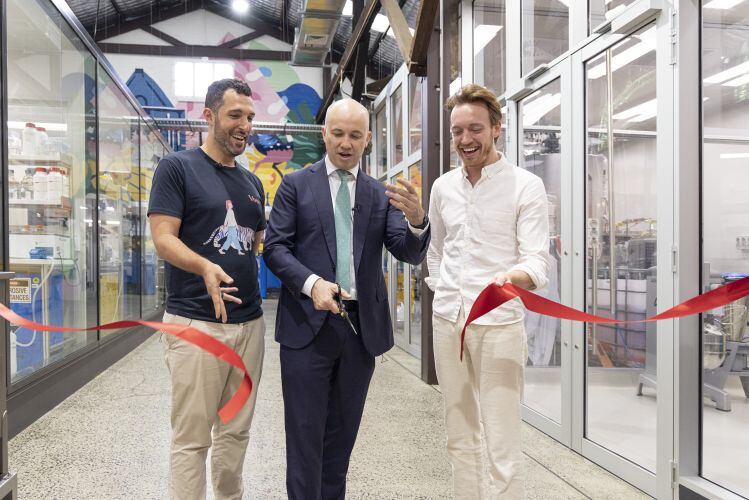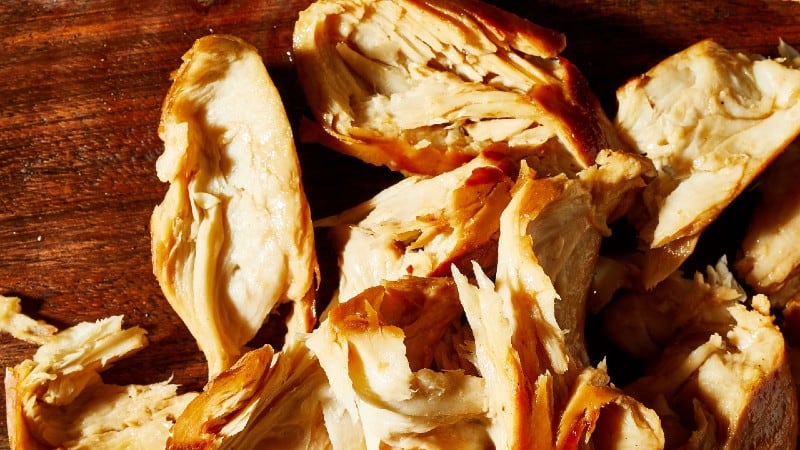Mosa Meat Co-Founder and Chief Scientific Officer Dr. Mark Post is known to be the man behind the first ever cultivated meat burger ever made, which cost somewhere around the US$200,000 mark at the time of production.
Today costs have come down many hundreds of times and although the firm’s CMO Tim van de Rijdt remained coy on actual figures when speaking with FoodNavigator-Asia, he revealed that the firm plans to have prices down to be competitive with that of premium beef at around EUR50 (US$52.33) per kg once they hit retail shelves.
The firm has its eye on Singapore as its first market in Asia, having signed a partnership agreement with local production firm Esco Aster which lays claim to being the first and only facility with obtain regulatory clearance to produce cultivated meat products in Singapore.
This clearance is for its manufacturing platform that can be applied to multiple products.
Previously GOOD Meat had the world-first launch of cultivated chicken nuggets specified to format and brand back in December 2020.
“There is no doubt that Singapore is very proactive due to its 30 by 30 vision, and the dialogues it is having with the cultivated meat industry players are really leading the charge here in Asia and worldwide,” van de Rijdt told us.
“Our partnership with Esco Aster will see the application of our production process to their manufacturing capabilities to make cultivated beef products locally, as our focus is on beef. This partnership is critical to us as it means the availability of facilities and equipment and trained staff on the ground.
“Their existing licensing to manufacture will ensure that all products can be certified as safe and also aligned with local food safety guidelines, and from there we will work to increase the scale over time.”
However, he highlighted that this does not mean that Singaporean consumers will immediately gain access to Mosa Meat’s cultivated beef just yet, as there is still a whole regulatory process in the works.
“Esco Aster has the manufacturing approval but we are still working with the Singapore authorities to get approval for the cultivated beef itself,” said van de Rijdt.
“So the time for actual commercialisation is really dependent on the approval process amongst other things, and there are a lot of requirements that need to be met whether it is from a consumer, food service or overall industry point of view.”
The firm does have its strategy more or less laid out though, and the plan is to go down the foodservice route before hitting retail stores.
“When starting out, the initial strategy is always to start with limited volumes and higher-end product prices as a result – this makes foodservice a logical first step for cultivated meat,” said van de Rijdt.
“But in order to truly reach consumers and make the impact we want to make, we know very well that retail is crucial to have that reach.
“As such we are already working with international retailers on areas such as product development, consumer and market insights, best approaches to reach consumers and more.
“There is also the possibility of enabling other organisations to use our technology and production facilities so as to grow this sector as much as possible, because we do want to scale as quickly as possible not just in Europe and Singapore but in other countries as well.”
Other Asian markets with strong potential
Although Singapore is Mosa Meat's first Asian stop, van de Rijdt believes that Asia is rich with potential for the cultivated meat sector, particularly when looking at the regulatory discussions taking place.
“In Singapore we already see this strong proactiveness so that is a big thing, and also in places like South Korea we have been seeing the government being supportive in developing a good ecosystem for the start-ups and scientific researchers,” he said.
“There is also Japan where there is a large consortium looking at this, though regulations are not yet there, and of course there is China which has mentioned cultivated meat in its five-year plan and there has been a lot of promising progress.
“So although at present only the EU and Singapore have the defined regulations to market, there are a lot of things going on in different markets.”





